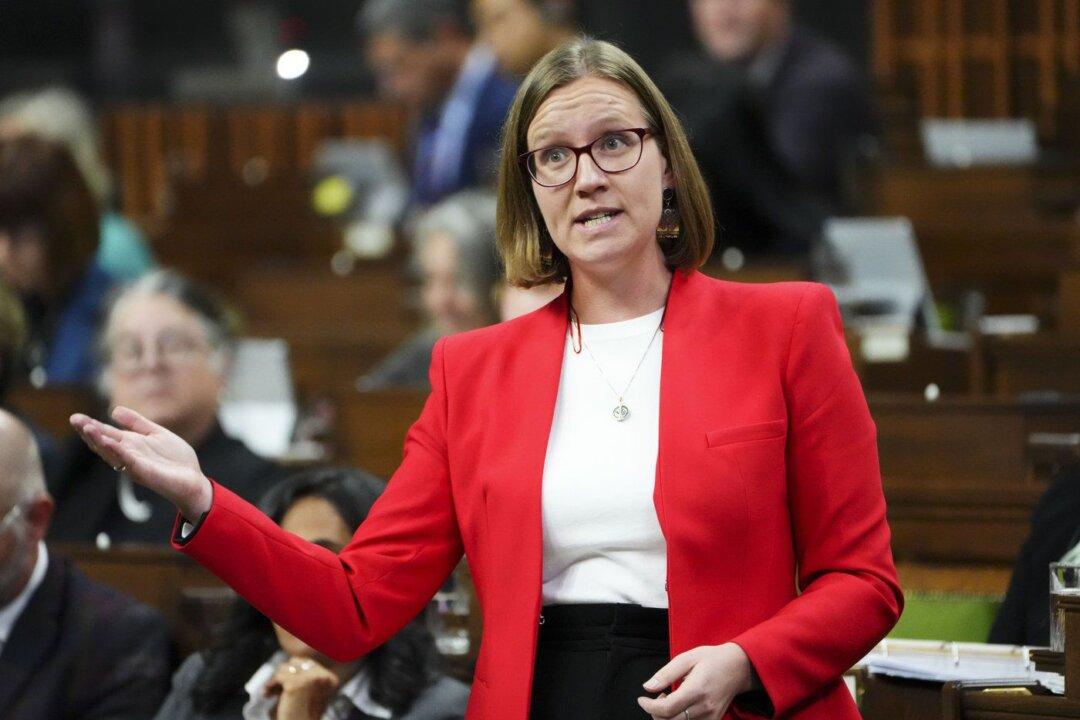Families Minister Karina Gould is expected to introduce legislation today to strengthen child care in Canada, which is likely to include an effort to secure a long-term role for Ottawa in the new national daycare system.
The Liberal government brought in a national child-care plan that would cut daycare fees by an average of 50 percent by the end of this year—and down to an average of $10 per day by 2026.





